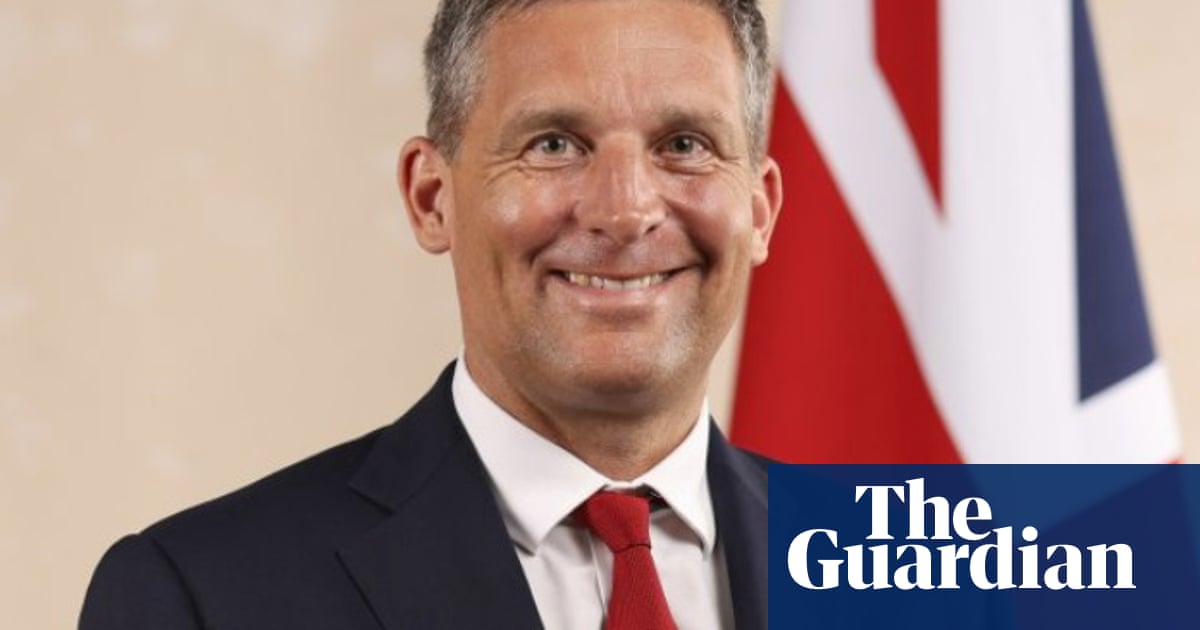Ministers have admitted they did not assess the impact of axing thousands of NHS managers before pushing ahead, prompting charges that the controversial cull is “reckless” and “a huge risk”.
The NHS’s 42 regional integrated care boards (ICBs) in England have been told to slash their running costs by 50% by the end of the year, in a move that will lead to about 12,500 job losses. It is a key part of government plans to radically overhaul the health service, which include abolishing NHS England and using savings from a massive cut in management posts to improve its finances and free up funding for frontline care.
However, the government did not assess the impact of halving ICBs’ running costs before approving the move, Karin Smyth, the minister for NHS reform, has conceded.
Smyth acknowledged the Department of Health and Social Care’s (DHSC) failure to do so in a written parliamentary answer to Helen Morgan, the Liberal Democrat health spokesperson.
Stunned NHS bosses have described the brutal scrapping of so many managers as “vandalism”. They have claimed it will strip back ICBs so much that they will not be able to properly discharge their duties to commission key services and oversee the quality of NHS care in their areas.
“This smacks of reckless policymaking, done on the hoof to please the Treasury rather than considering what is best for patients who have been without the care they deserve for so long,” said Morgan.
“How can the government, at the same time as saying the grownups are back in the room, not even assess the impact of major changes to the NHS that will have ramifications for patients across the health service?
“Of course the NHS needs to be more efficient. But to impose blanket cuts, with no consideration for the consequences, is not serious,” added Morgan.
The 42 ICBs are planning to shed about half of their 25,000 personnel after Sir Jim Mackey, NHS England’s new chief executive, dropped what the Health Service Journal (HSJ) calls “the 50% bombshell” in March as part of tough decisions taken as part of the service’s “financial reset”. That has caused “fury and consternation” among NHS trusts leaders, the website said last week.
Andy Burnham, the former health secretary, last week said he had “real concerns” about the “drastic” cut to ICB staffing, in remarks reported by HSJ. The shake-up is likely to force ICBs to merge and shrink in number to between 23 and 28. It will also distract their staff from tackling the NHS’s “big challenges” and is “the wrong way to go”, warned the Greater Manchester mayor, who was the health secretary under Gordon Brown.
The government’s NHS shake-up will result in NHS England losing half its 15,300-strong workforce, the DHSC shedding some of its 3,300 personnel and the health service’s 215 trusts deleting what is likely to be tens of thousands of posts to help deliver the biggest-ever efficiency savings.
Those job losses taken together mean the government is “running a huge risk”, according to the union that represents many NHS managers, including those in ICBs. The ICB jobs cull was hurried and poorly thought through and goes too far, Managers in Partnership said.
“The scale of the cuts will weaken management capacity to carry out the government’s health mission, including making its ‘three shifts’, improving productivity and cutting waiting lists; lead to an unwanted re-organisation; damage services to the public; make tens of thousands of skilled NHS workers unemployed; and undermine focus, morale and workload for the staff who remain,” said Jon Restell, MiP’s chief executive.
“Where I would agree that the government’s approach is going from taking a risk to verging on the reckless is the speed at which it is trying to make the cuts.”
Restell urged Wes Streeting, the health secretary, to pause the frantic pace of his reforms, so proper planning and risk management could occur, and axe fewer officials from an NHS that studies show is already a health system with one of the lowest proportions of managers globally.
“The government’s decision to axe 50% of ICB staff was taken without any idea about what it would mean in practice for service delivery. This hasty redesign of ICBs is being conducted before the government has published its 10-year strategy for the NHS.
In her written answer, Smyth said ICBs had been “tasked to develop plans by the end of May setting out how they will manage their resources to deliver across their priorities. The department has not conducted an impact assessment of the NHS decision to reduce running costs,” she told Morgan.
In a previous written reply on ICB running costs Smyth defended the jobs purge. “The reduction in ICB running costs is a necessary step to ensure that more funding is directed towards frontline services, where it is needed most.
“These changes will streamline commissioning and administrative costs so we can prioritise patient care and improve health outcomes.”
Morgan said Streeting should come to parliament and explain to MPs why the ICB jobs bloodbath was occurring and why the government failed to assess its potential consequences.
Matthew Taylor, the chief executive of the NHS Confederation, has warned that the huge scale and speed of the redundancies looming across the NHS presents a danger that ministers will fail to fulfil their pledges to improve NHS waiting times and transform how it works.

 4 hours ago
3
4 hours ago
3













































